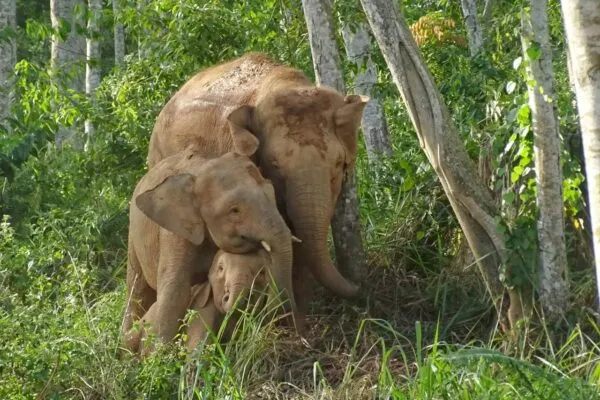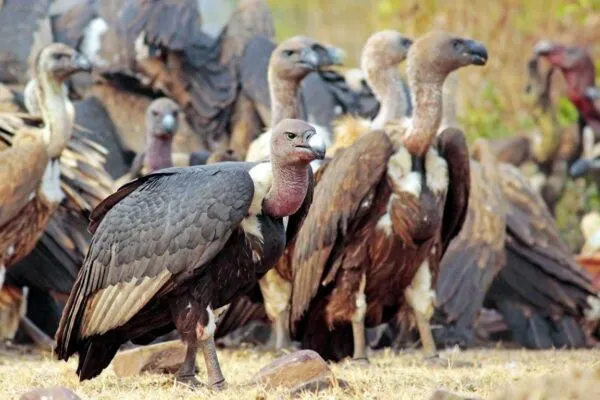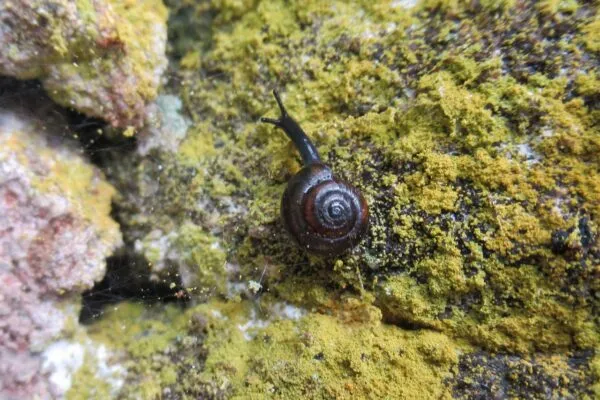How Zimbabwe’s Legalization of International Ivory Trade After Three Decades Impact Elephants?
Zimbabwe with the second-largest elephant population in the world, conducted an international conference seeking allies to promote the sales of ivory which has been banned for over 30 years
Zimbabwe is home to the second-largest elephant population in the world. However, the population of African elephants in the country is steadily rising by 5 percent every year, which is leading to a jumbo-human conflict with casualties on both sides. Around 60 people were killed so far this year in Zimbabwe, compared to an overall 72 in 2021. With growing elephant herds posing real dangers to human communities, the country recently opened a conference seeking allies for the legalization of the international ivory trade.
It’s shocking to know that a group of delegates during the African Elephant conference in Hwange, Zimbabwe were rooting for the legalization of Ivory. But why do the lobby groups want the legalization of the ivory trade, which has been banned in the country for more than 30 years?
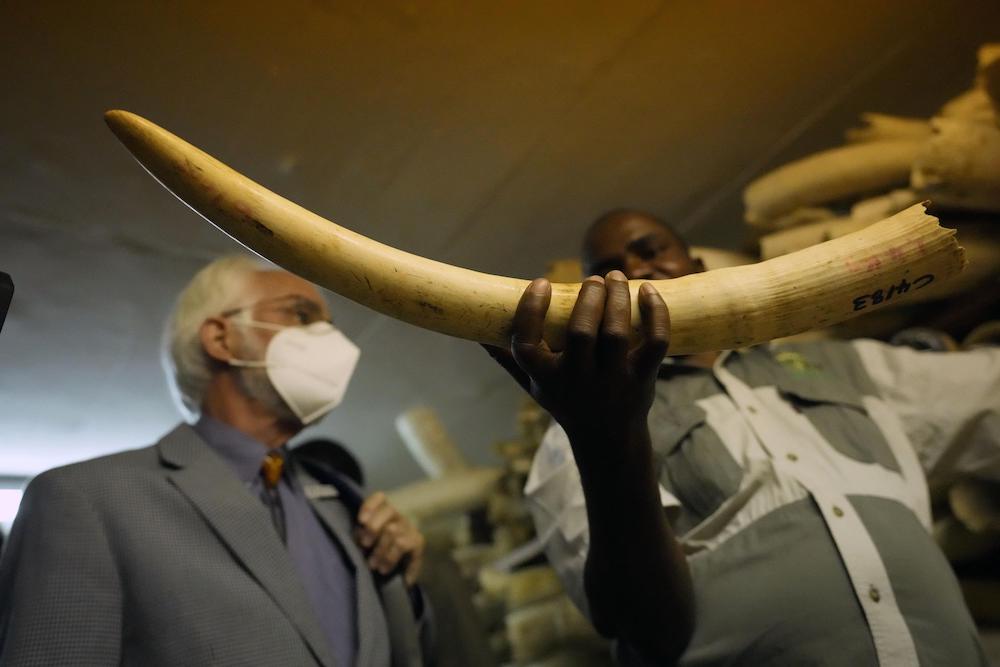
Image: AP News
According to Zimbabwean officials, the country can support around 55,000 elephants. However, the number of species has doubled to 100,000, and the animals are frequently killing humans in various regions. As a result, Zimbabwe invited representatives of 15 countries to a conference trying to win international support for a campaign to allow the selling of ivory.
The neighboring country Botswana has the world’s largest elephant population with over 130,000. Together Zimbabwe and Botswana have around 50 percent of the elephants in the world. And, now both countries are struggling to deal with the rising numbers.
However, Kenya and other members of the African Elephant Coalition are opposing Zimbabwe’s efforts to promote the international ivory trade. The opposition argues that reopening the ivory trade would cause an increase in poaching.
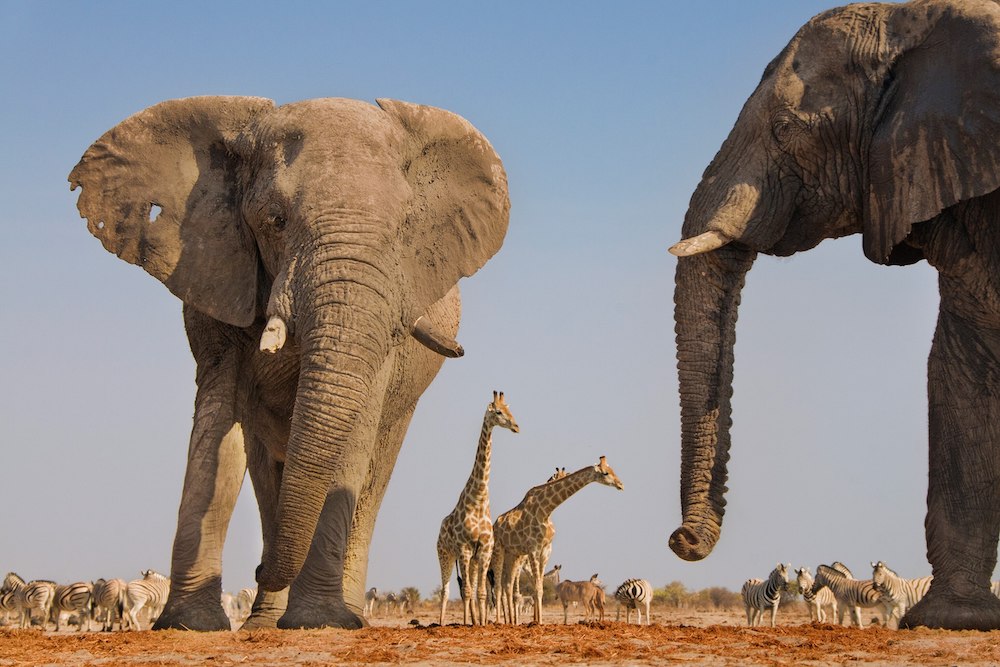
Image: National Geographic
In 1989, CITES banned the international ivory trade due to curtailing poaching. Even in 2019, CITES imposed more restrictions on wild elephants’ sales. However, still there is a flourishing illegal trade in ivory where international syndicates often fund poachers for killing elephants for ivory tusks. The traders smuggle the ivory overseas, where there’s an increasing demand for ivory for trinkets and jewelry.
However, with the legalization of the ivory trade, poachers will openly kill more and more elephant populations. This will make the species endangered even in Africa. The countries need to focus on better ways of managing elephant populations to ensure they don’t harm humans. Meanwhile, the authorities must not go for the ivory trade. It’s not a wise solution to put one species in danger to protect the other.
Via: Africa News
